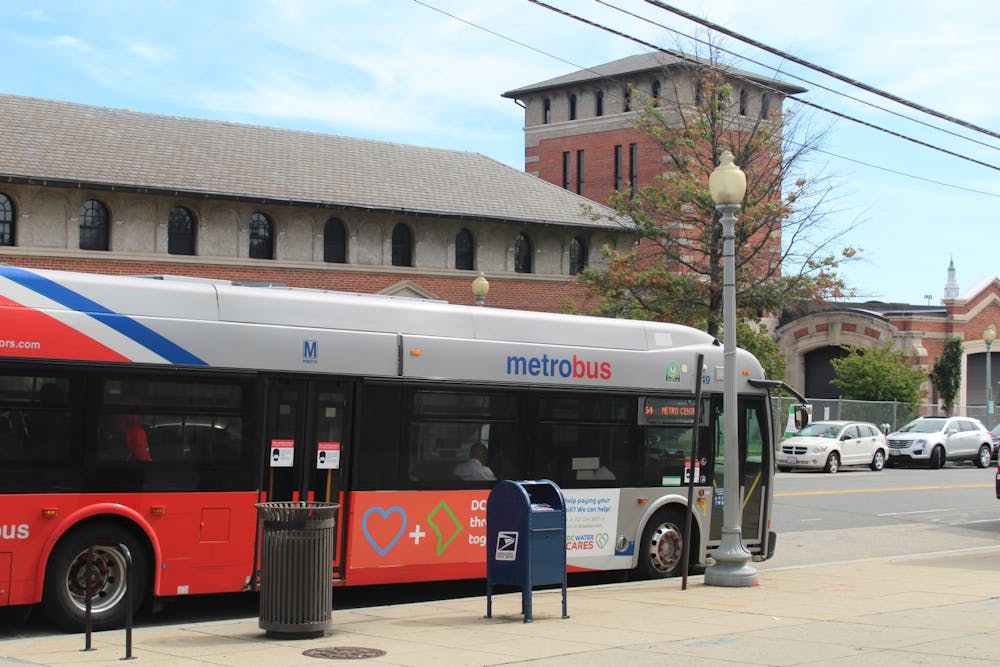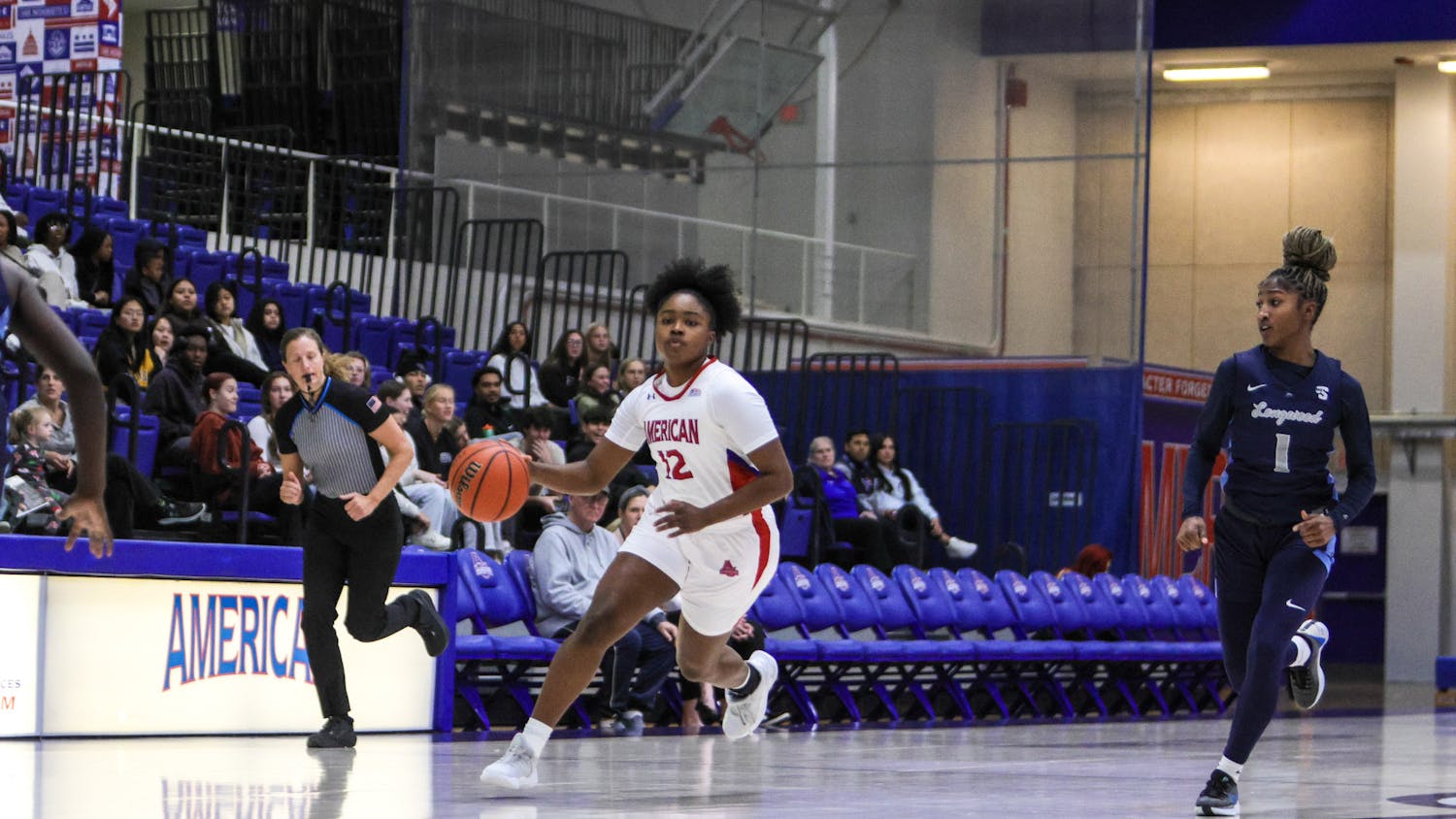In a move likely to affect off-campus students, the Washington Metropolitan Area Transit Authority slashed Metrobus service in response to the coronavirus surge in D.C., cutting or limiting service on over 150 out of 269 lines.
WMATA reduced Metrobus service to approximately 75 percent of its regular service on Jan. 10, announcing that most buses would operate on a Saturday schedule, and some would not run at all. According to a status advisory, the changes are expected to last through April 10.
WMATA attributed the changes to the increasing number of bus drivers unable to work due to the surge of the Omicron variant of the coronavirus in the D.C. region. According to WMATA, the changes ensure buses can operate on a reliable schedule, despite the staffing shortages.
Limited Metrobus service parallels ongoing issues with Metrorail, which has been operating on a reduced schedule for several months. According to a WMATA news release, regular Metrorail service is unlikely to resume for at least 90 days.
The reduction in bus service could cause problems for students who live off campus and commute to school, off-campus jobs and internships, especially once classes return to an in-person modality on Jan. 31.
WMATA’s announcement was met with dissatisfaction on social media and complaints of buses being late or failing to show up at all.
Partially as a result of these complaints, Christina Henderson, D.C. councilmember at-large, sent a letter to WMATA signed by all the council members on the Committee on Transportation and Environment.
The letter asked that weekday Metrobus service be restored and that WMATA impose a stricter testing protocol for bus drivers.
Henderson’s communications director, Amanda Farnan, said the lack of communication was the “biggest concern that prompted this letter.” She said the transition from weekday to Saturday bus service had been abrupt, which left many riders stranded with no information on if and when their bus was coming.
“[Students] shouldn’t be waiting on the sidewalk for 30 minutes,” she said.
Farnan called it an equity issue, pointing out that people who rely on buses are often the most vulnerable and less likely to have alternatives. She noted that many bus drivers belong to this vulnerable group, and their health and safety must be considered while seeking solutions.
College of Arts and Sciences senior Jessa Munis’ experience reflected the issues Farnan described. Munis said she was unable to commute to campus or work due to the lack of bus service. She said she usually used the M4 bus, but service on the line was canceled completely.
WMATA’s service advisory notes that the M4 bus is still running on a reduced basis, but it and several other routes may not appear on the BusETA website and app or third-party platforms for checking transit times.
Munis said that although she currently did not need to get to campus regularly due to classes being remote, she had been forced to use Uber to get to her job.
“It’s inconvenient and it’s frustrating,” she said, explaining that although Uber was an option, it was expensive, and the lack of clear guidance from WMATA made it nearly impossible to rely on the Metrobus. She found that when she tried to take the bus, it did not show up as scheduled.
Farnan said that Councilmember Henderson’s office was already having preliminary talks with WMATA and that the next step would be offering concrete opportunities to solve the problem. A potential solution, she said, could be bringing on contractors while many bus drivers were still out sick with or caring for others with COVID-19.
WMATA told The Eagle it was working to address the issues created by the bus service changes, emphasizing that the reduction was a result of staffing shortages caused by the Omicron variant’s surge.
Editor's Note: This article has been updated with comment from WMATA.





